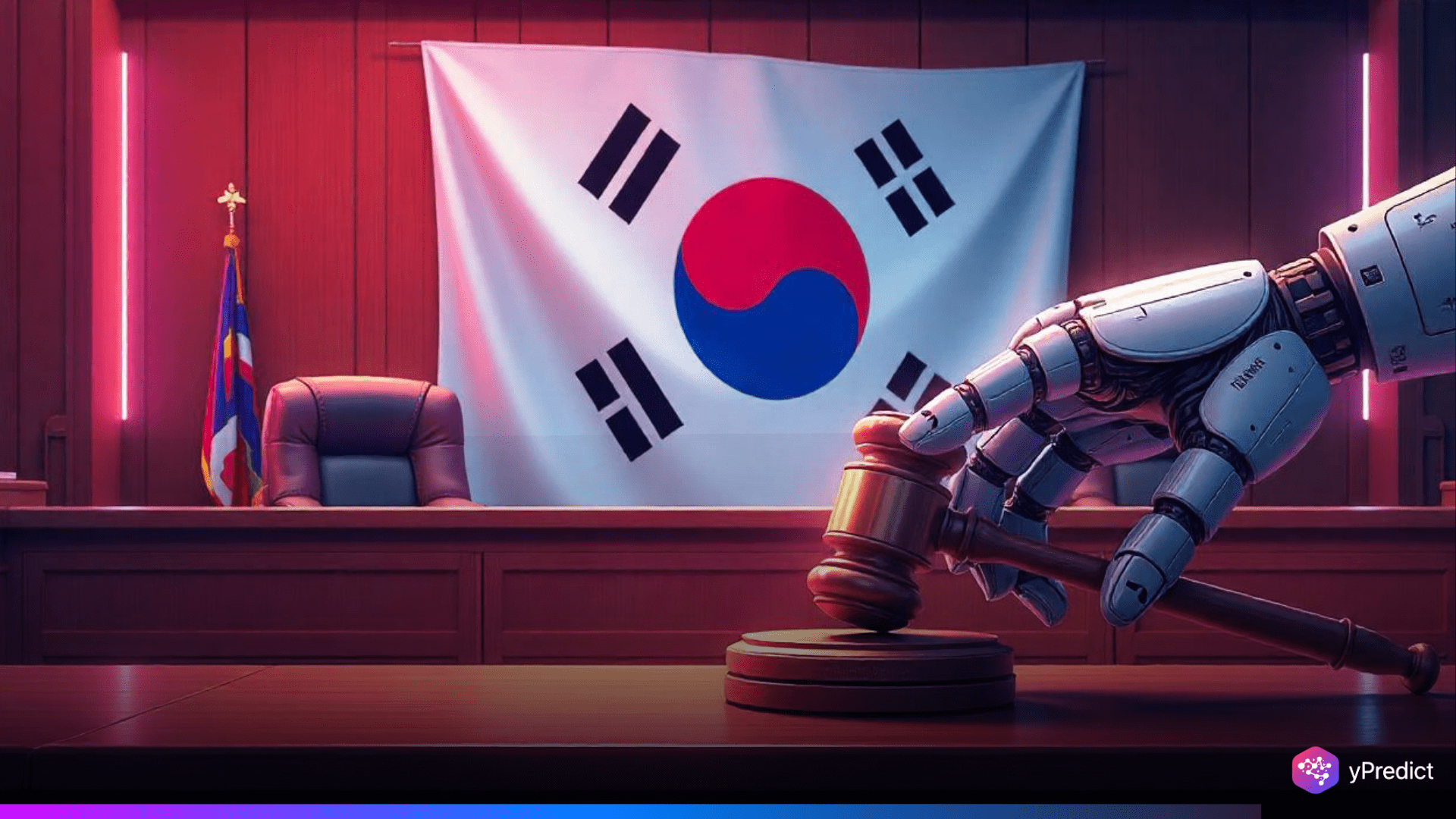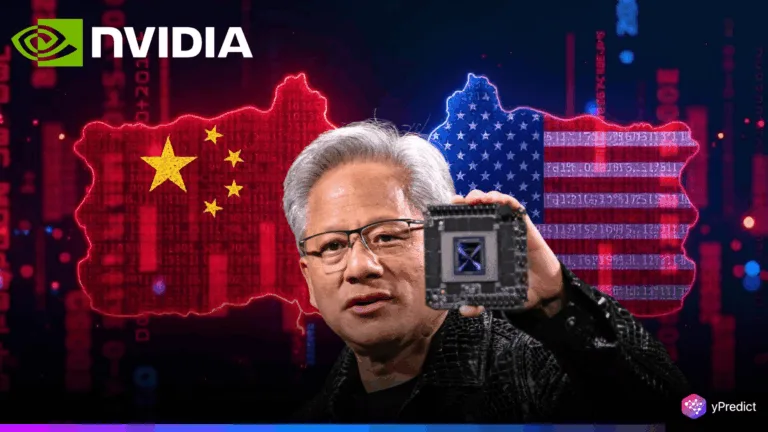
South Korea’s data privacy watchdog has publicly accused Chinese artificial intelligence startup DeepSeek of violating user privacy by transferring personal information and AI prompt content abroad without consent. The breach has prompted regulatory action, as the DeepSeek data breach raises serious concerns over international AI data governance.
Unauthorized Transfers to China and US Spark Privacy Alarm
In a statement released on Thursday, South Korea’s Personal Information Protection Commission (PIPC) said that DeepSeek failed to obtain user consent before exporting personal data to firms based in China and the United States. The DeepSeek data breach reportedly occurred in January 2025, coinciding with the app’s initial launch in the South Korean market.
The agency noted that AI prompt security was also compromised. DeepSeek had sent user-entered prompts—alongside device and network metadata—to Beijing Volcano Engine Technology Co. Ltd., a Chinese tech firm. DeepSeek later claimed that this data flow aimed to “enhance user experience,” though regulators said the firm had no legal basis for doing so.
South Korea Data Privacy Agency Issues Corrective Order
Following these revelations, the PIPC issued a corrective recommendation ordering DeepSeek to delete all AI prompt content sent to Volcano Engine and to establish a lawful framework for any future cross-border data transfers. The South Korea data privacy agency also confirmed that it had already suspended new downloads of the DeepSeek app back in February, following initial concerns.
According to the commission, DeepSeek only blocked the transfer of prompt data on April 10, two months after acknowledging its shortcomings. The delay further intensified scrutiny over how AI startups handle sensitive data in foreign jurisdictions, especially amid rising geopolitical concerns surrounding Chinese tech firms.
Implications for AI Prompt Security and Global Regulation
This DeepSeek data breach is the latest in a string of global incidents highlighting the risks associated with AI prompt security and unregulated data flows. AI systems depend on massive volumes of user input for fine-tuning and optimization, but improper handling of this information poses serious privacy threats.
South Korea’s firm stance could signal a broader shift in regulatory attitudes toward AI developers operating across borders. With similar cases surfacing in the EU and the US, analysts expect governments to demand stricter compliance from AI platforms—especially those with international data operations.
The incident also coincides with geopolitical friction involving Washington’s scrutiny of DeepSeek and its chip supplier, Nvidia, adding another layer of complexity to the regulatory landscape.
Conclusion:
In summary, the DeepSeek data breach has caused serious concerns both in South Korea and around the world. Regulators in South Korea have launched an investigation, highlighting the growing need for stronger protections around personal data, especially when it’s handled by artificial intelligence companies.
The incident has also sparked wider discussions on important global issues like AI transparency, whether users are properly informed and give clear consent for how their data is used, and who should be held responsible when something goes wrong. As AI tools become more common and powerful, this breach is a reminder that global standards for privacy and accountability are urgently needed.






